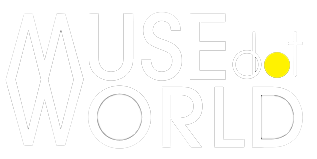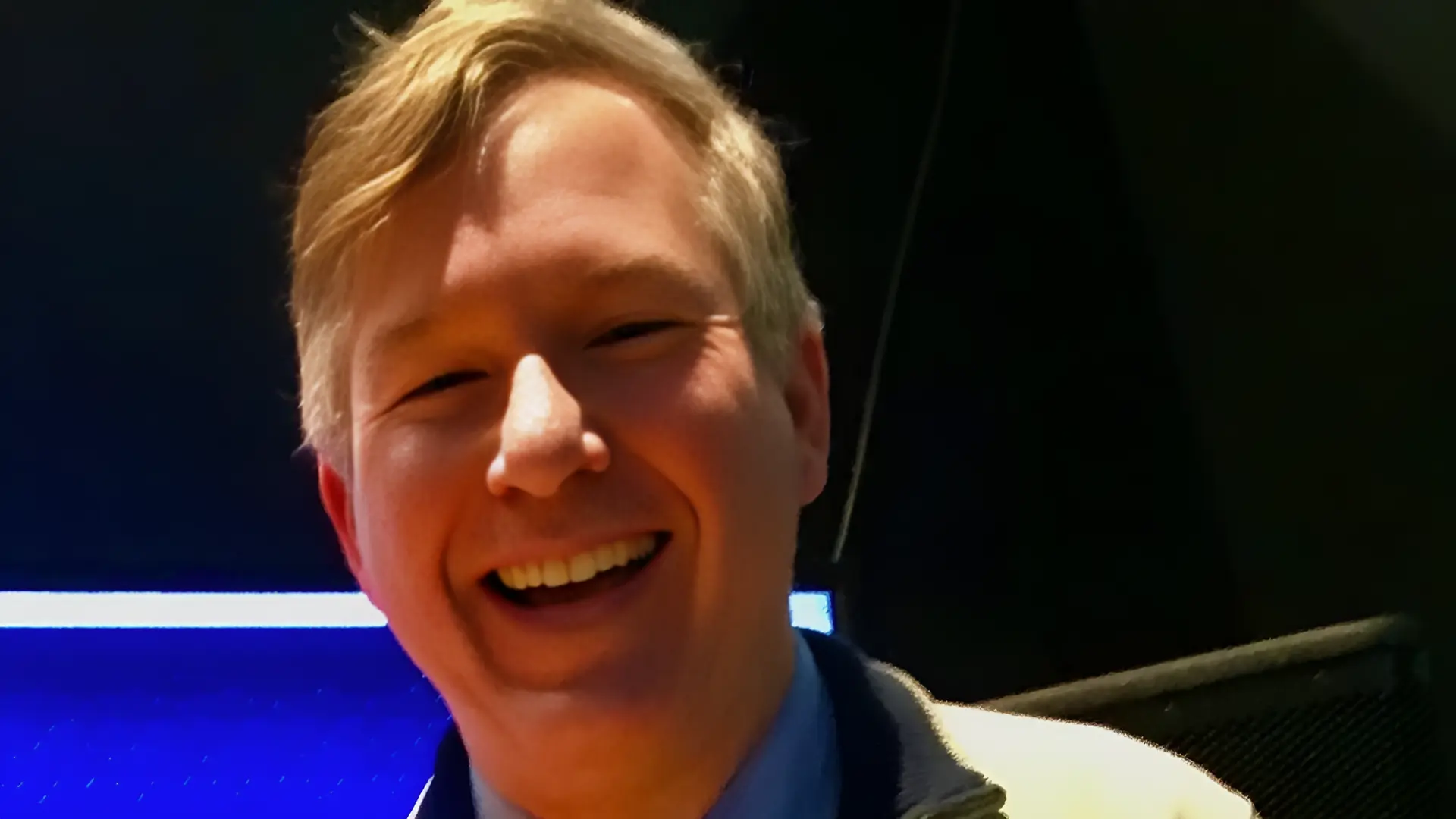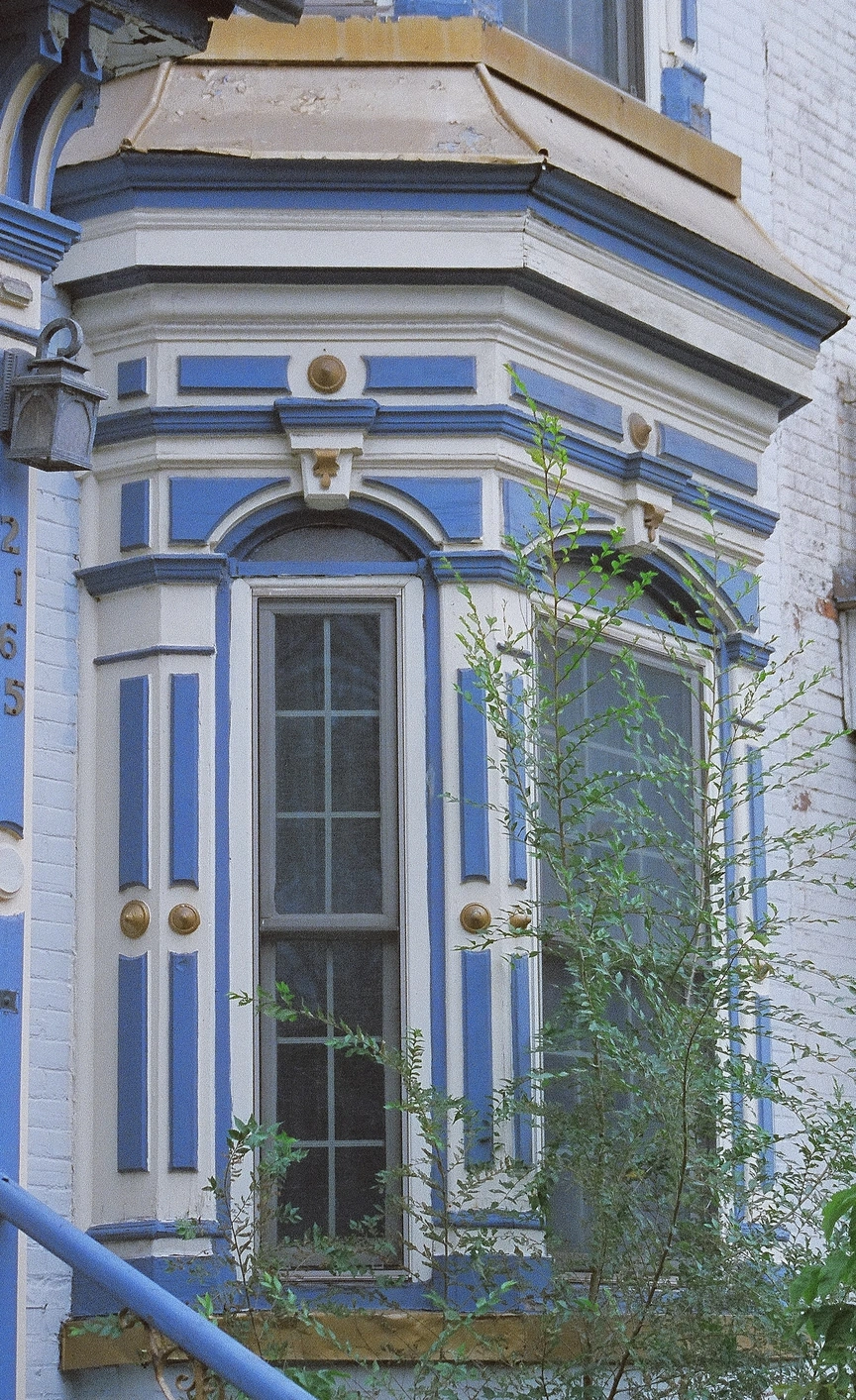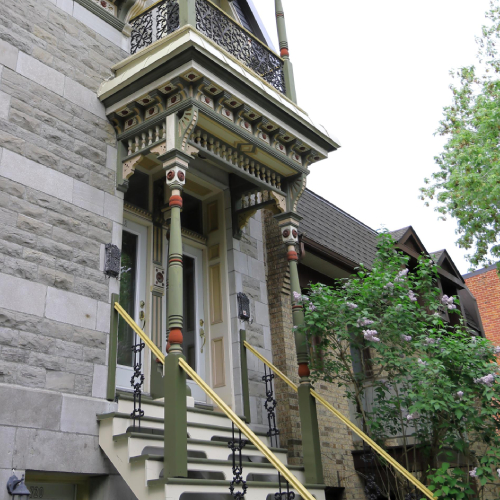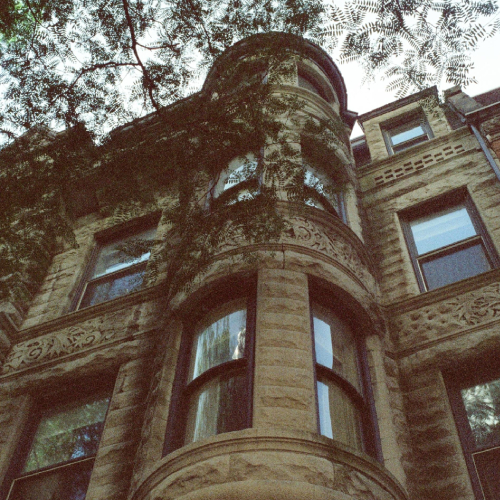1Can you introduce yourself and talk about how you got into photography?
My name is Vincent Joseph Durocher, I go by Joseph on my website. I first started photography, in the 70s, at around age 12, in Europe, when my brother got an enlarger at home, to develop what were black and white prints. I got my first photography prize at that time, while on vacation. The fact of being able to work with negatives, and see firsthand the process of picture development helped me to deepen a few photography concepts: composition, contrast, focus, picture style, surprise effect, tone differences, colour grading, shadows, image fragmentation, etc. When I moved back to Canada, my love of photography was deeply engrained already.
2Where did you study photography?
I never formally studied photography to get started. I did take some courses when I was heavily involved in a photo club, in Montreal, which helped me learn a few more technical concepts. I would say I am a self-learner (autodidact) by experimenting on my own, both at the beginning and presently. You have to keep yourself always open to new ideas and trying out new things.
3Do you remember your first shot? What was it?
No, I really don’t. But I remember that when I started, I was using a film camera, and that is very different because you cannot see the result until your film is developed. So you try to think carefully about your variables before you take a shot and it also forces you to imagine your shot ahead: what type of picture are you expecting? This experience helped me later on.
4What equipment do you use?
Presently, I use a Canon EOS R7, with a variety of lenses: 10-18mm, 75-300mm, 24-105 mm and a fixed 24 mm lens. My most versatile lens and most used these days, is my 24-105 mm professional lens. For film pictures, I use a Canon EOS 3000 N camera, with 24-105 mm and 75-300 mm lenses.
5What do you hope to achieve?
I would really like to publish a photographic documentation of the Montreal Architectural Heritage. For many years now, I have been documenting each of the neighbourhoods and I am hoping to get it published. I believe it is a real treasure that must be recorded before its possible disappearance.
6What compliment inspired/touched you the most?
After winning my first International Photography Prize, a colleague looked at my picture and complimented me on its unique characteristics. That’s when I felt that I had accomplished something really special.
7What inspires your unique storytelling?
When I see the work of other photographers, and read about how their work is brought out, it pushes me in return to always go further.
8What THREE (3) words describe your photography style?
Detailed, researched, and contrasted.
9Congratulations! As the winner of the European Photography Awards, what does it mean for you and your team to receive this distinction?
Thank you! It is an enormous encouragement to continue in this direction, as it is a sign that I am doing a great job!
10Can you explain a bit about the winning work you entered into the 2024 European Photography Awards, and why you chose to enter this project?
I chose this picture of a house façade, to represent Montreal’s Heritage, because of the richness of colours and the finely detailed woodworking, like a showcase of the long-lasting - and now disappeared - tradition of architectural design and woodworking artisan accomplishment which makes Montreal unique. I stand in awe, contemplating and reflecting on the complexity of both this conceptual design and its finely crafted realisation.
11How has winning an award developed your career?
It has helped people around me see that I am a serious photographer and I am hoping that it will open doors for future collaborations.
12Name 1-3 photographers who have inspired you.
The first one that comes to mind is Micheal Freeman; his books have really inspired me to be a better photographer. In my field of architectural photography, I can also think of Trent Park, and for light contrasts: Dave Hill.
13What was the best piece of advice you were given starting out, by a mentor or your role model?
One advice that has helped a lot is the following, attributed to Bill Brandt: "I do not take pictures of what I see, but of what my camera shows me."
I believe it is a mistake to "look" for nice pictures. If you are looking to find a nice composition idea, look into the lens of your camera, and "play" around until you are satisfied with the outcome.
14What advice would you give someone who would like to become a photographer today?
I suggest buying a camera, and experimenting at first: with light, with distance, with different lenses and angles. See which pictures are appealing to you, but at the same time, do not get "closed up" in one type of picture. Always be open to new ideas and look at the work of other photographers to get inspired.
15What is your key to success? Any parting words of wisdom?
It is nothing but hard work: always trying to improve: analysing your pictures, and wanting to do better.
16How do you stay in that space of being receptive to new information and knowledge?
This is also the key to success: being always open to trying new things, and never being satisfied with your "style". You need to reflect constantly on your work and that of other photographers, to always re-invent yourself.


